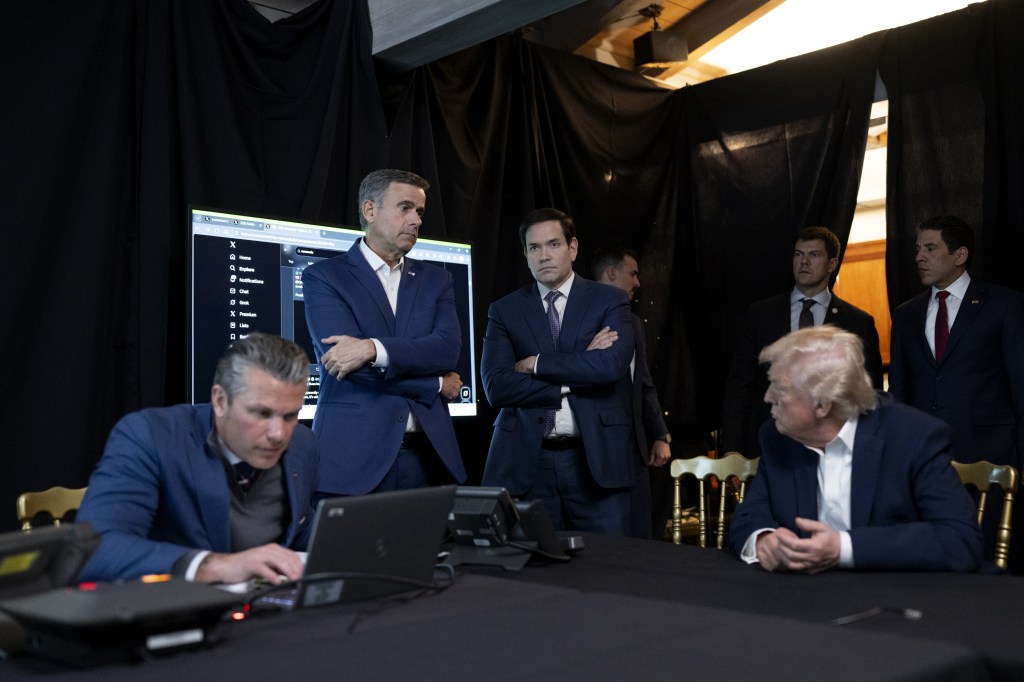The SEC has announced settled charges against three affiliated registrants: an SEC-registered broker-dealer Nationwide Planning Associates, Inc, an investment adviser called NPA Asset Management, LLC, and state-registered investment adviser Blue Point Strategic Wealth Management, LLC.
The alleged violations revolved around impeding brokerage customers and advisory clients from serving as whistleblowers
Register for free to keep reading
To continue reading this article and unlock full access to GRIP, register now. You’ll enjoy free access to all content until our subscription service launches in early 2026.
- Unlimited access to industry insights
- Stay on top of key rules and regulatory changes with our Rules Navigator
- Ad-free experience with no distractions
- Regular podcasts from trusted external experts
- Fresh compliance and regulatory content every day













